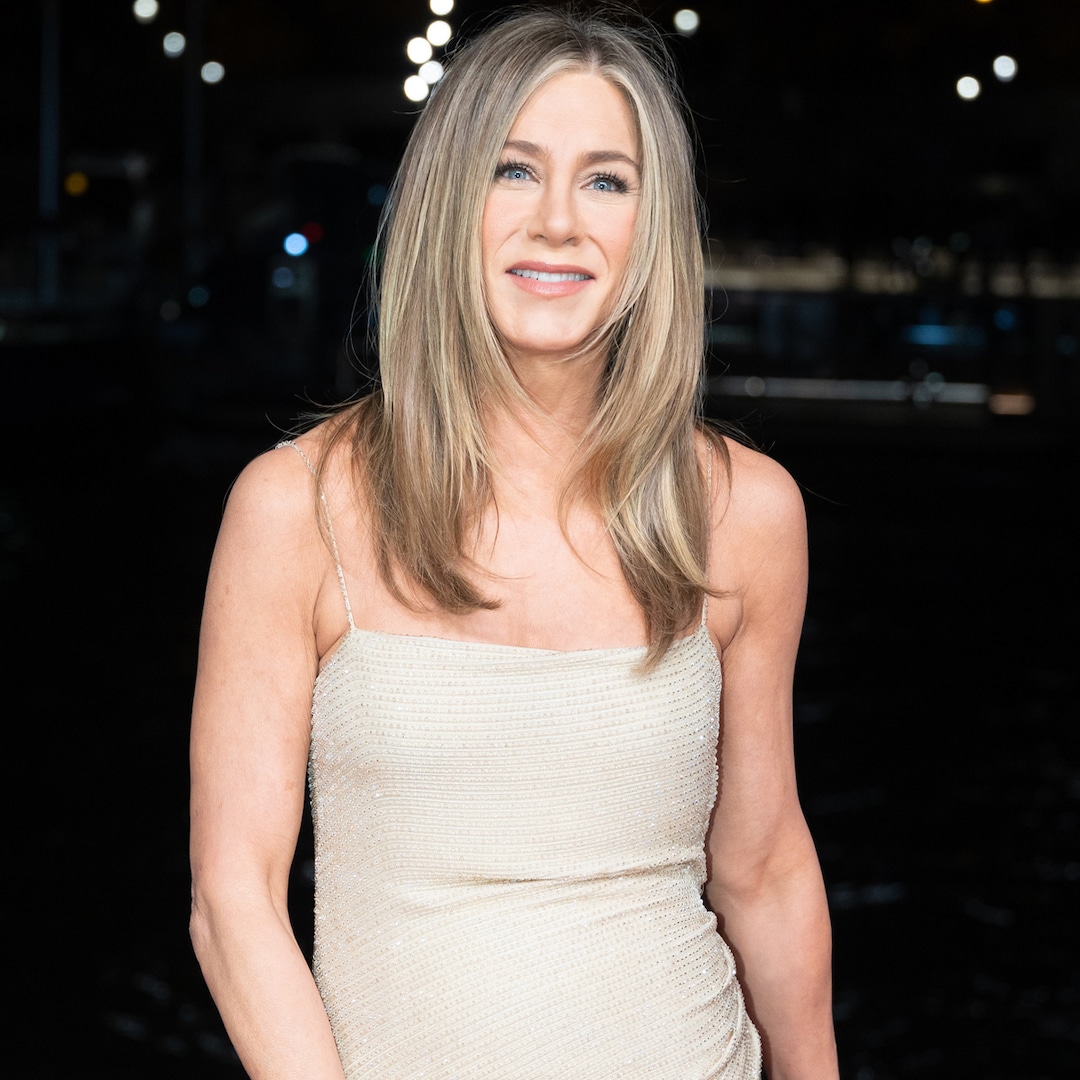Jennifer Aniston Opens Up About Her Deepest Fear: A Surprising Revelation
In a revealing interview with The Hollywood Reporter this week, Jennifer Aniston shared an unexpected fear that has shadowed her despite decades of fame: the terror of being “irrelevant.” The 55-year-old actress, known for her iconic role as Rachel Green on Friends and her enduring Hollywood career, explained how this anxiety has shaped her personal and professional choices. Her candid admission highlights the psychological toll of celebrity culture and resonates with universal human insecurities.
The Hidden Pressure Behind the Spotlight
Aniston’s confession came during a discussion about her upcoming projects and reflections on turning 55. “It’s not aging that scares me—it’s the idea that one day, what I do won’t matter anymore,” she said. “That fear of irrelevance is like a quiet hum in the background, even on the best days.” Her words echo findings from a 2022 UCLA study on celebrity mental health, which found that 68% of public figures reported “existential anxiety” about their legacy.
Psychologist Dr. Rebecca Shore, who specializes in anxiety disorders among high-profile individuals, notes that such fears are amplified in Hollywood. “The entertainment industry equates relevance with value,” she explained. “For someone like Jennifer, whose identity has been intertwined with public perception since her 20s, this isn’t just a fear—it’s a professional vulnerability.”
A Universal Anxiety in Disguise
While Aniston’s platform magnifies her concerns, experts emphasize that her fear mirrors everyday struggles. A 2023 Gallup poll revealed that 52% of adults under 50 worry about “becoming obsolete” in their careers or personal lives. Social media intensifies this, with its constant comparisons and fleeting trends.
- Career transitions: Aniston admitted her post-Friends choices were partly driven by avoiding typecasting. “I said no to so many rom-coms because I needed to prove I was more than Rachel.”
- Personal life scrutiny: She referenced media fixation on her relationships and childlessness as reinforcing her fear. “When people reduce you to headlines, you start questioning your own worth.”
The actress credits therapy and a tight-knit support system for keeping her grounded. “Mindfulness isn’t just a buzzword for me—it’s survival,” she said. She also prioritizes roles with substance, like her Apple TV+ series The Morning Show, which explores themes of power and obsolescence in media.
Dr. Shore applauds this approach: “Channeling anxiety into intentional action is clinically proven to reduce its hold. Jennifer’s career pivots demonstrate adaptive coping.” Industry analysts note her strategy works—Aniston’s net worth has grown to $300 million, proving her enduring appeal.
The Broader Conversation About Relevance
Aniston’s revelation has sparked discussions beyond Hollywood. Author and life coach Mark Thompson sees it as a cultural moment: “Her honesty gives permission for others to name this fear. In an era where metrics dictate worth—likes, ratings, sales—we’re all vulnerable to this anxiety.”
Meanwhile, sociologists point to generational differences. While Baby Boomers often tied relevance to job titles, Millennials and Gen Z view it through digital footprints. A 2024 Pew Research study found that 61% of adults 18-34 equate “being relevant” with maintaining an engaged social media presence.
What’s Next for Aniston and the Rest of Us?
Aniston hints at directing more projects, a move experts say shifts control back to her. “Behind the camera, you’re less replaceable,” notes film historian David Sims. She’s also producing a documentary about societal pressures on women, turning her fear into advocacy.
For the public, her story offers both caution and comfort. As Dr. Shore summarizes: “Normalizing these conversations reduces shame. Whether you’re a star or a teacher, relevance isn’t finite—it evolves.” Readers grappling with similar fears can start by exploring mindfulness resources or reassessing what legacy truly means to them.
Ultimately, Aniston’s vulnerability underscores a paradox of fame: The more she shares these human struggles, the more relevant she becomes—not just as a celebrity, but as a mirror to our collective insecurities.
See more The Buzz Live

